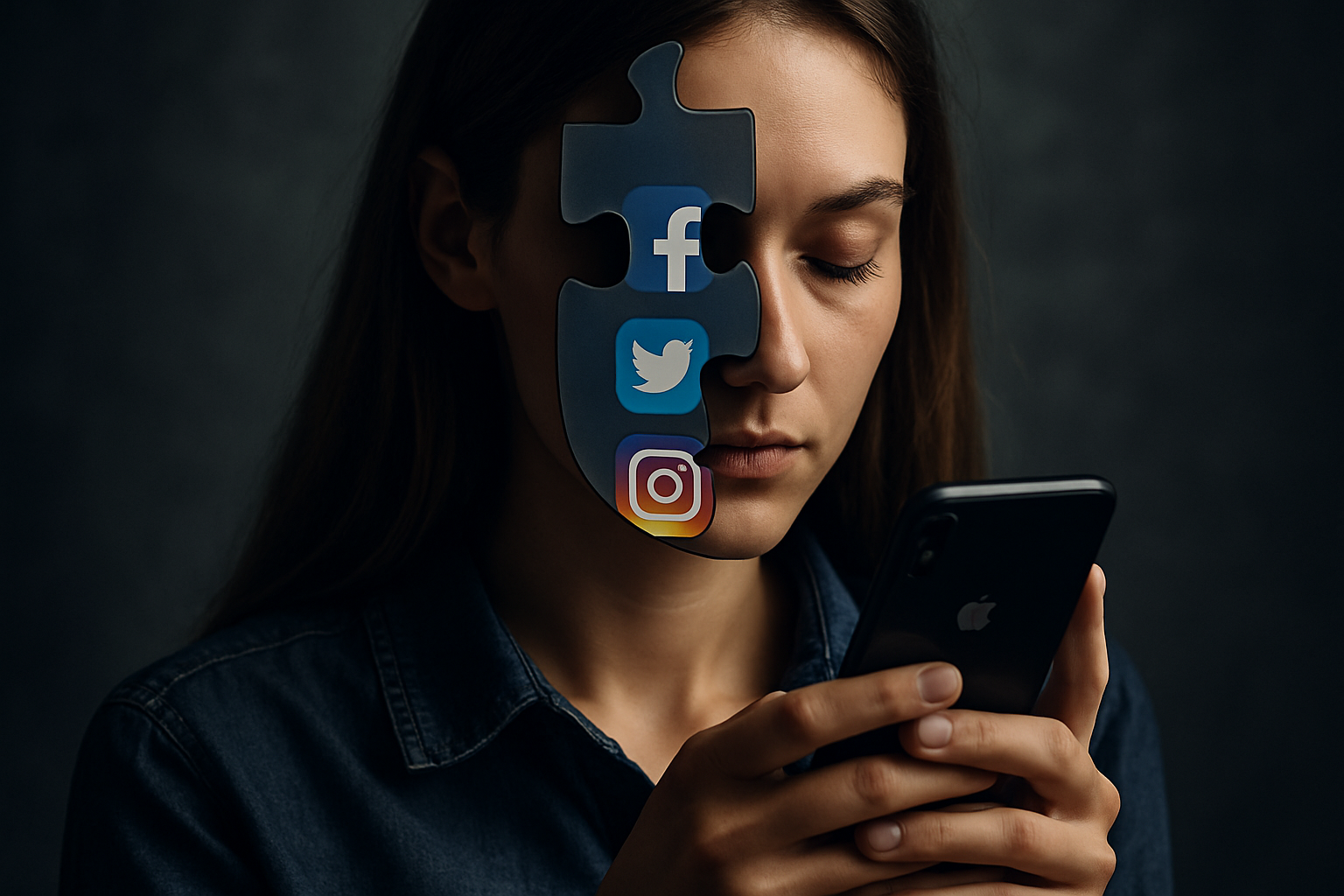Microcultures and the Fragmentation of Social Identity
The rise of niche communities and their impact on personal and collective identities Read below to explore how the proliferation of microcultures is reshaping our understanding of social belonging, challenging traditional notions of identity, and creating new forms of cultural expression in an increasingly interconnected yet fractured world.

The digital age has been instrumental in the proliferation of microcultures. Online platforms and social media have removed geographical barriers, allowing like-minded individuals to connect and form communities regardless of physical proximity. This has led to an explosion of diverse microcultures, each with its own set of values, language, and customs.
The Psychology of Belonging in Fragmented Societies
As traditional social structures evolve and sometimes erode, microcultures offer individuals a sense of belonging and identity in an increasingly complex world. Psychologists have observed that participation in these niche communities can provide a strong sense of purpose and self-esteem. Members often report feeling understood and validated within their chosen microculture in ways they may not experience in broader society.
However, this fragmentation of identity can also lead to challenges. Some individuals may struggle to reconcile their involvement in multiple, sometimes conflicting microcultures. Additionally, the intensity of belonging to a niche community can sometimes result in a narrowing of perspectives, potentially leading to echo chambers and reduced exposure to diverse viewpoints.
Cultural Hybridization and the Fluidity of Identity
One of the most intriguing aspects of the microculture phenomenon is the way it facilitates cultural hybridization. As individuals participate in multiple microcultures simultaneously, they often blend elements from different communities, creating unique personal identities. This fluidity challenges traditional notions of fixed cultural categories and reflects a more nuanced understanding of identity formation.
Sociologists have noted that this hybridization process is not limited to individual identities but also influences broader cultural trends. As microcultures interact and overlap, they give rise to new cultural forms and expressions. This dynamic process of cultural exchange and evolution is reshaping the landscape of contemporary society, leading to more diverse and complex forms of cultural expression.
The Impact on Social Cohesion and Political Discourse
The proliferation of microcultures has significant implications for social cohesion and political discourse. On one hand, these communities can foster deep connections and support networks among members. They often serve as incubators for new ideas and social movements, driving innovation and cultural change.
However, the fragmentation of society into numerous microcultures can also present challenges for broader social unity. Political scientists have observed increased polarization as individuals align themselves more strongly with niche ideological communities. This can make it difficult to build consensus on important societal issues and may contribute to a more fractured public discourse.
Navigating the Future of Identity in a Microcultural World
As microcultures continue to shape our social landscape, individuals and societies face both opportunities and challenges. For individuals, the ability to explore and express multiple facets of identity through various microcultures offers unprecedented freedom and self-discovery. However, it also requires developing skills to navigate complex social environments and maintain a coherent sense of self.
At a societal level, embracing the diversity of microcultures can lead to richer cultural tapestries and more inclusive communities. Yet, it also necessitates finding ways to foster dialogue and understanding across different microcultures to maintain social cohesion. Educators and policymakers are increasingly recognizing the need to equip individuals with the cultural literacy and communication skills required to thrive in this new social landscape.
As we move forward, the interplay between microcultures and broader societal structures will likely continue to evolve. Understanding and adapting to this new reality of fragmented yet interconnected identities will be crucial for navigating the complexities of modern social life. The challenge lies in harnessing the creative potential of microcultures while fostering a sense of shared humanity that transcends niche communities.






